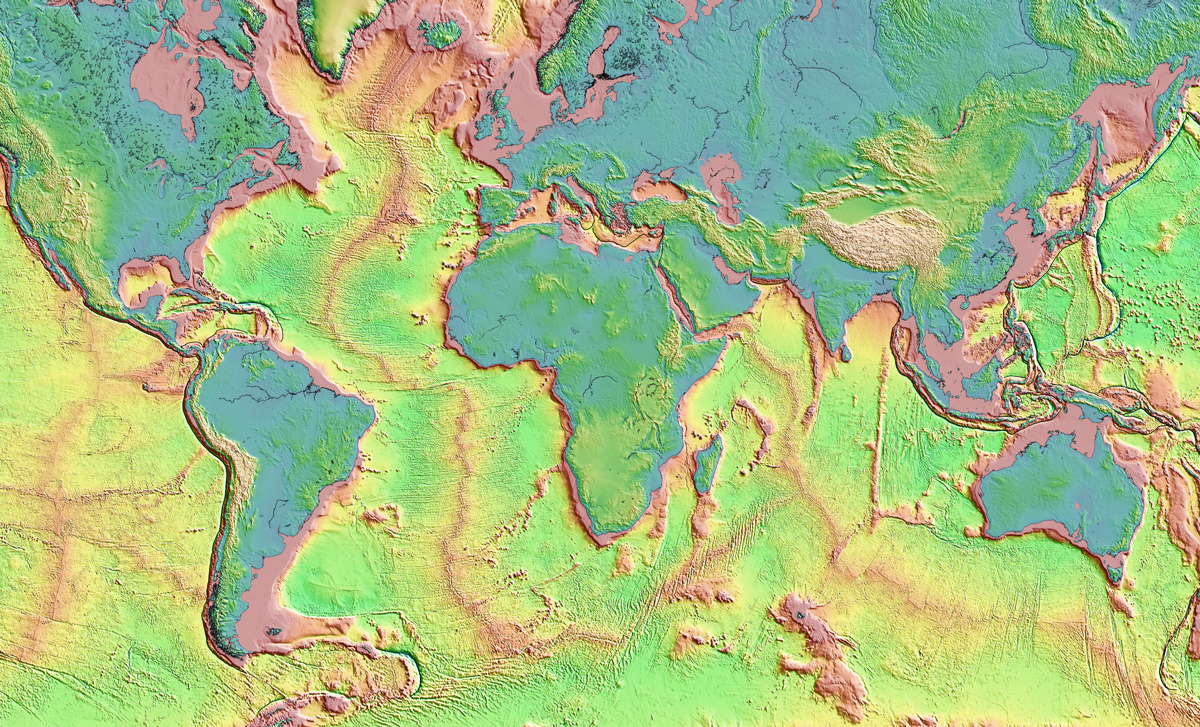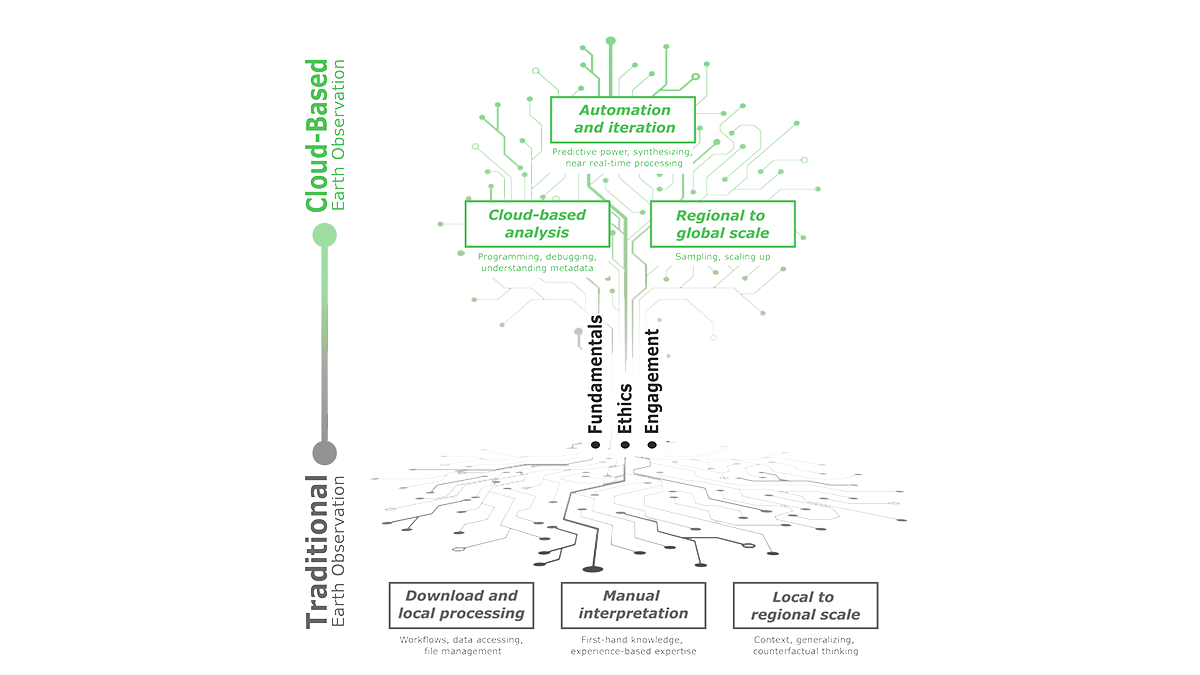A team of researchers is making the iconic rock outcrops of Svalbard available to the world through an open-source database of virtual geological models.
open science
A Lunar Mission Spots Its Failed Brethren
Data from NASA’s Lunar Reconnaissance Orbiter have been instrumental in pinpointing where other Moon-bound spacecraft have crashed.
Shifts in Tectonic Plates Change Biodiversity
A 36-million-year cycle of marine biodiversity booms and busts matches the movements of plate tectonics, linking what happens deep below the ocean to what’s happening in it.
Natural Floodplains Are Quickly Vanishing
From 1992 to 2019, 600,000 square kilometers of natural floodplains were lost globally due to land conversion.
AI Could Reshape Climate Communication
If we can overcome its pitfalls, AI holds promise for improving trust in climate science and activating a largely disengaged public, with meaningful consequences for health and well-being globally.
A New, Underground Atlas of Subduction Zones
Submap merges graphic design with geodynamics, providing a fast, free, and user-friendly resource to map subduction zones.
A Holistic Approach to Hydropower Data
A new online platform offers comprehensive data and tools about U.S. hydropower assets, enabling data-driven decisionmaking at the energy–water nexus.
Education Lies Beneath the Clouds of Earth Observation
Cloud-based Earth Observation offers unique opportunities for education, but leveraging this requires new teaching methods that emphasize technical fundamentals, ethics, and stakeholder engagement.
Collins Gameli Hodoli: Air Quality Is Data Driven
The environmental scientist is making pollution levels public to draw nonscientists into the fight for clean air.
Frances Lightsom: Pivoting to Information Management
Frances Lightsom started her career as an oceanographer. Then she found delight in data.










